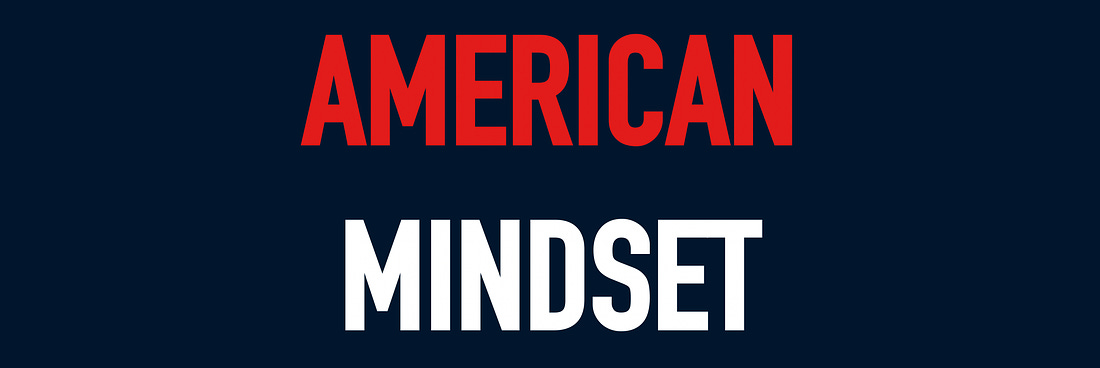 |
There are some atrocities too enormous to be reckoned with sanely. The names of these atrocities either gain a sort of talismanic power—as in the case of the Holocaust—or they become catchphrases and lose the full force of their meaning—as in the case of Stalin’s Gulag. We joke breezily online about being sent to “the camps” because we mean by those words simply “something very oppressive that our enemies want to make us suffer.” We are not fully contemplating the torment and death, the bitter specificity of what a Solzhenitsyn or a Wiesel describes.
This is also how we treat the phrase “Exile in Babylon.” By it, we mean simply “a very hard time,” usually relative to what we’re used to. We compare ourselves to the “remnant”—a phrase originally designating the few beleaguered Jews who clung to their faith as their kingdom fell like a dirty scrap torn in haste from a once-rich tapestry. I don’t think when we talk this way we are grasping what it meant for people to be torn from Jerusalem in the 6th century BC.
It was not only a political catastrophe—or rather, like all major events of its kind, it was both political and spiritual. The tribes of Judah and Benjamin in Israel’s southern kingdom were living on ancestral land promised them by God since the days of Abraham. They understood themselves as heirs of King David’s monarchy and keepers of Mount Zion—a specific, physical place where God’s anointed Messiah would reign.
If this kingdom could fall like any other, then what was to become of that promise? It is sometimes difficult for Christians to grasp that Zion and Jerusalem and the temple were not expendable, not optional sites of worship for which any other venue would do just as well. “A time is coming when you will worship the Father neither on this mountain nor in Jerusalem,” said Jesus—we take this as a matter of course, but it was an innovation bordering on effrontery. For ancient Jews in Babylonian exile, losing Zion meant disinheritance of the most abject kind.
“How can we sing the Lord’s song in a strange land?” It was not a rhetorical question. The Davidic kingdom was supposed to work, was supposed to endure. There was no backup plan, no portable alternative. That God’s city could be conquered was a horrifying shock, leading many to wonder whether Israel hadn’t simply failed in its mission.
The Book of Isaiah is perhaps the fullest and most sophisticated Jewish answer to the prospect of Exile. It is a rare example of realism and honesty in the face of the disaster—Isaiah was not one for empty pieties or platitudes. “Your grown men will fall by the sword, and your war heroes will fall in battle,” he says in Chapter 3, which likely represents one of the freestanding sermons or pamphlets he disseminated in the 8th century. Here was a man who did not depend for his hope upon illusions of human excellence. He knew how badly we squander good things.
I raise all this because, near the end of Isaiah, there is a description of Israel’s corruption which shot through my own heart this week (Chapter 59):
We have high hopes for light, but look: pitch black dark. For radiance, but we walk in gloom.
We grope for the wall like blind men—like men without eyes, we grope. We stumble around at high noon as if it were twilight, like dead men in ghost towns.
Societies in decline either forget or wish away basic truths: in our prosperity, we fondly imagine that we do not need to have babies, go to church, build communities. Psalm 30: “when I felt secure, I said, ‘I shall never be shaken.’” This is what the Greeks called hubris. But those basic truths remain, and so our expectations of the world and our plans to change it become increasingly unmoored from reality. The proof of this is that each one of our grand designs falls flatter on its face than the last, and more quickly.
We imagine we can break the constraints of gender—we end up abusing children in the most foul ways imaginable. We imagine we can erase national borders and live happily ever after—we end up at one another’s throats. “We have high hopes for light, but look: pitch black dark.” We grope around like blind men and trip over facts that were obvious to our ancestors. “We stumble around at high noon as if it were twilight.”
If there is one central fact that our society has forgotten—one truth we have done our best to abolish and ignore—it is the inevitability of death. This is evident to me in our handling of COVID-19, which has spiraled out of control because we simply cannot accept that there is no way to eliminate all risk. “We seem to be living now with the single expectation that there should and will always be more of everything, including ‘life expectancy,’” wrote Wendell Berry in “Quantity versus Form” (1989). And so we prolong life even when it is miserable, at the cost of “useless and meaningless pain.”
For Israel’s part, perhaps Exile demonstrated that if rescue came it would not come through “being very good” or “getting politics right.” The fall of ancient Jerusalem was a definitive failure of human endeavor to save the world, a shattering of false utopian dreams. At the end of Isaiah 59 it is God who “straps on righteousness like chain mail and wears a helmet of salvation,” who observes the complete failure of justice on earth and takes it upon himself to be just in our place. Israel, like us, had forgotten that God, not they, would conquer death.
And lest I be accused here of indicting only “the libs,” let me say that failure to acknowledge how truly broken we are seems to be a premise of much conservative despair these days. “Our institutions are broken and our elites are corrupt!” Indeed—did biblical history lead you to suspect that it would be otherwise? Or didn’t you factor in the baseline depravity of all men from the moment of your baptism? As conservatives we take the decline of all things for granted. If we look at the state of our country and say “things have gotten too bad, there’s nothing we can do,” then perhaps we were kidding ourselves in the first place about how good things can get.
You either have a tragic view of life, or you have a false one. If you are disappointed by your own or your countrymen’s behavior at present, you had too high an opinion of human prospects to begin with. God is not disappointed, because God did not expect us to be good. This means that when we fall short, God does not give up and neither should we.
Despair is the same error as utopianism: both are based on the pleasant fiction that there exists some better alternative in which we get things right. There is no alternative. There is here and now; we were not promised anything different. We were promised struggle, and the mercy of heaven; trouble in this world and riches in the next. That is the only deal on the table. We must take it, and fight on.
 |
If you liked this post from American Mindset, why not share it?

